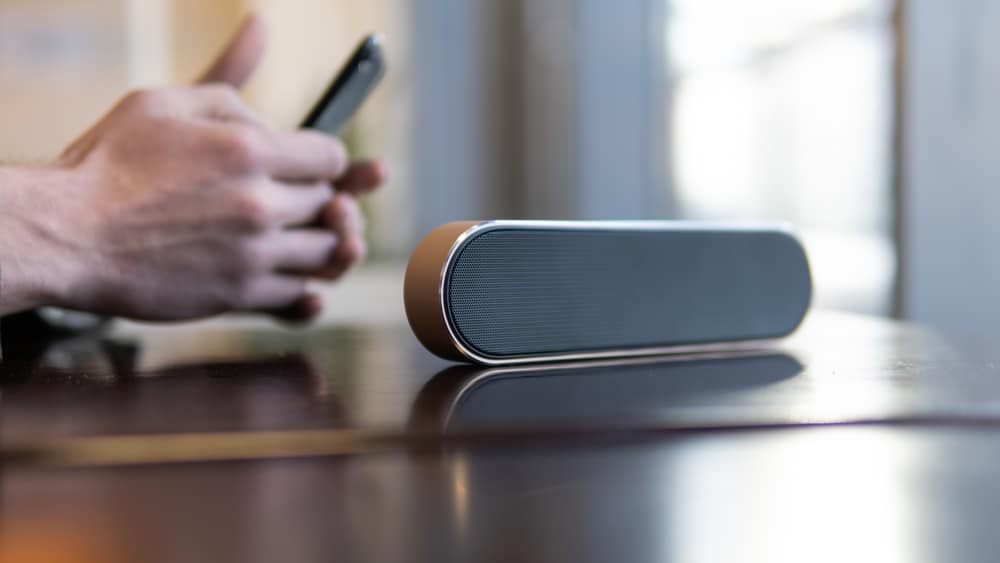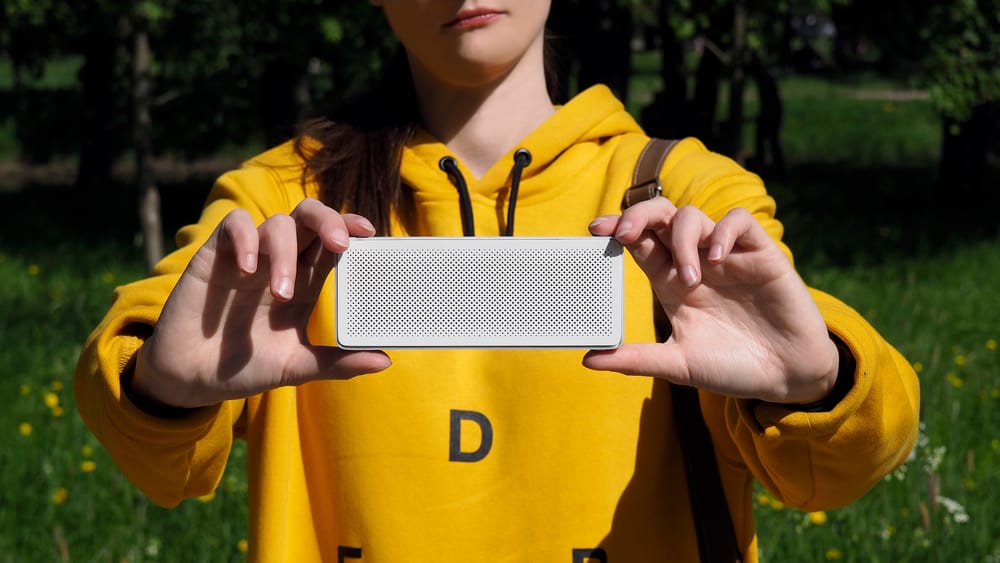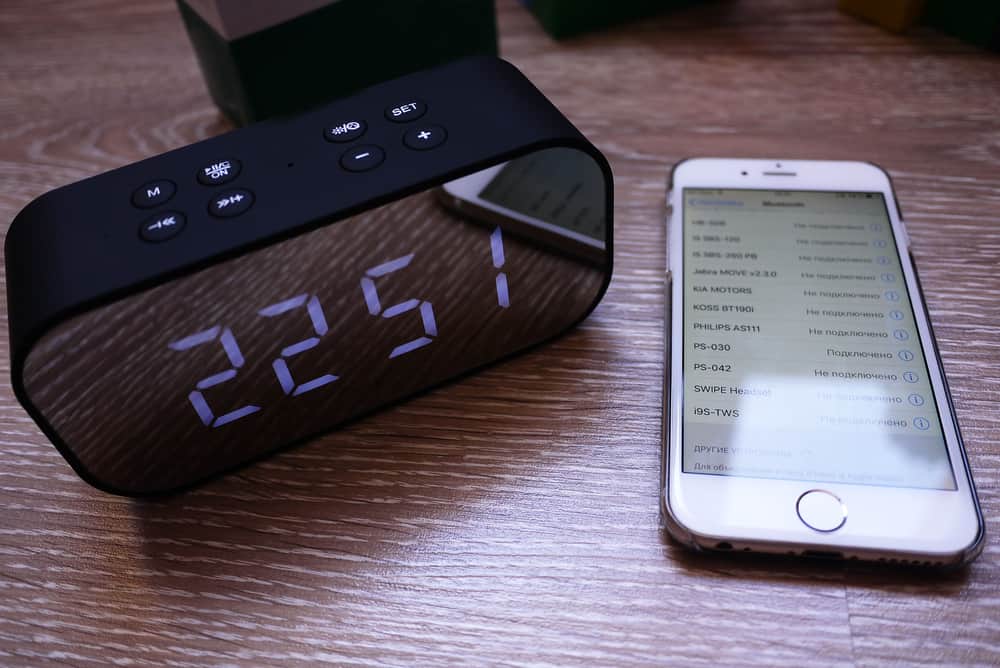Security is always a concern when it comes to networking. Whether it is wired or wireless, you do not want anyone to be able to access your private stuff. Especially when it comes to important information like banking details and other private details. But most people overlook their Bluetooth security when it comes to maintaining privacy at home.
Now, imagine a common situation that can happen to anyone – you end up streaming music on a quiet Saturday morning when some other type of music kicks in. It is not your music, and it is not your connection, either. Someone has connected to your Bluetooth speakers and started streaming music. It can happen at home, in a gym, or in any other environment.
Sometimes, it is accidental. Other times, it can be classified as hacking. Learning how to prevent unauthorized access to Bluetooth speakers will help you keep safe and avoid unwanted situations. Here are 6 tips to boot people off under certain circumstances and ensure your device is secure.

1. Using a code
These days, many modern devices do not allow Bluetooth pairing just like that. Sure, you can eliminate the necessity of a system – assuming that you are on holiday with your friends in a remote area and no one else is around you. But if you live in a civilized environment with people around, chances are you will need a code.
Whether you pair your smartphone to your car speakers or some random speakers in your household, many devices provide a code. The code should match both devices for the pairing to be successful. At the same time, you will be asked to confirm the match.
The code does not always work in devices without an actual display. For example, a basic soundbar without a display will not necessarily get a code. Some gadgets receive the code in an audio format so that they will speak it out for you. Some others allow simple connectivity with no security at all.
2. Turning Bluetooth off
This is the easiest option to prevent unwanted access to your Bluetooth speakers. Turn it off. There are situations when someone else might pair to your device. If you turn it off and on, you should be able to connect right away. But then, some devices remember their pairs, so it feels like someone has taken your speakers over.
In this case, it is wise to turn the Bluetooth off, give it a little time, turn it back on, and attempt pairing your device right away. Different sets of speakers have different ways to turn Bluetooth off. For example, some of them come with small buttons. Others involve holding down the volume knob for a few seconds. You can turn Bluetooth back on the same way.
3. Using a jack
This option is worth a try because it does not involve too much work. Some Bluetooth speakers let any device connect to them when turned on unless there is an audio jack connected. The wired connection has priority over the wireless one. Test it with a friend or with two different devices.
If your speakers allow any device to connect, get some old headphones that you no longer use and cut the jack. Stick it on, and the problem should disappear. You can still use your headphones; only they have the audio jack connected. Since it is cut off, there are no wires around.

4. Turning visibility off
If you have a small display on your speakers or you can access Bluetooth settings in another way, make sure you set them invisible. No one else will be able to see them. As for you, you can connect right away before setting them hidden, or you can add their name when looking for a Bluetooth device. Usually, this idea involves a security code as well, but this is not a general rule.
5. Causing problems yourself
According to this article by It Still Works, many times, you will be prompted about a new Bluetooth connection. It can happen on your smartphone or over your speakers. As long as there is a bit of security on your device, you will be asked about it.
As a general rule of thumb, never accept unexpected Bluetooth requests. You are probably thinking – what is the worst that can happen? People can access your smartphone or gain full control over your speakers. It could be an accidental request, but it may also be a hacking attempt.
6. Keeping Bluetooth off when, not in use
This is common sense, but how many people do it? When your speakers are not in use, turn them off. When you do not require a Bluetooth connection, turn Bluetooth connectivity off. It is that simple. Unfortunately, lots of people keep Bluetooth on or leave it like that, thinking that nothing bad can happen – terrible idea.
According to ION Audio, there are situations when the pairing can go for days, especially if your “smart” speakers remember pairs and keep paired. If you have some small speakers, chuck them in your car, drive away, and kill the couple when the other device is not in range. But if you have an extensive home cinema system, that is the last thing you want to do.
Conclusion
As a short conclusion, Bluetooth connectivity can, indeed, expose you to some dangers. In 95% of all these unwanted situations, there are no dangers involved. It is just annoying to hear your speakers play some random music out of nowhere. In 5% of these situations, the pair can last, and speakers forget to unpair, causing more trouble.
Bluetooth connectivity is handy and efficient, but it can be risky if you fail to use common sense. Find out how Bluetooth works here and remember – if you do not use something, turn it off. Simple as that. As for learning how to prevent unauthorized access to Bluetooth speakers, common sense will always prevail. Turn them on, connect immediately, and you should be alright. Turn them off when you are done.
Related Topic: 5 Solutions On How To Connect Speakers To TV Without Receiver
